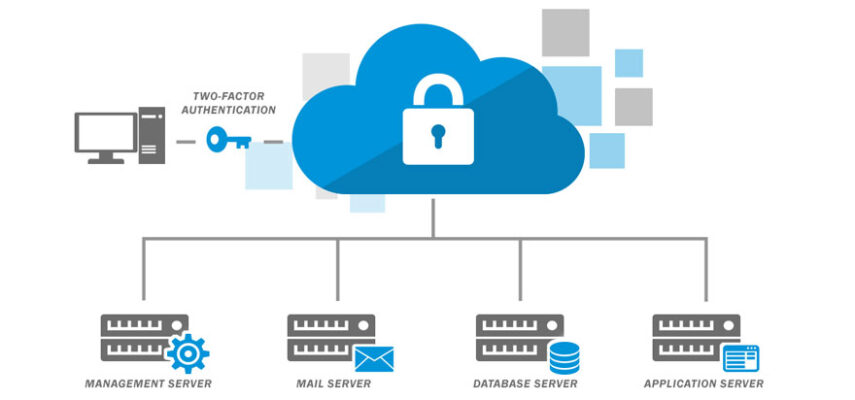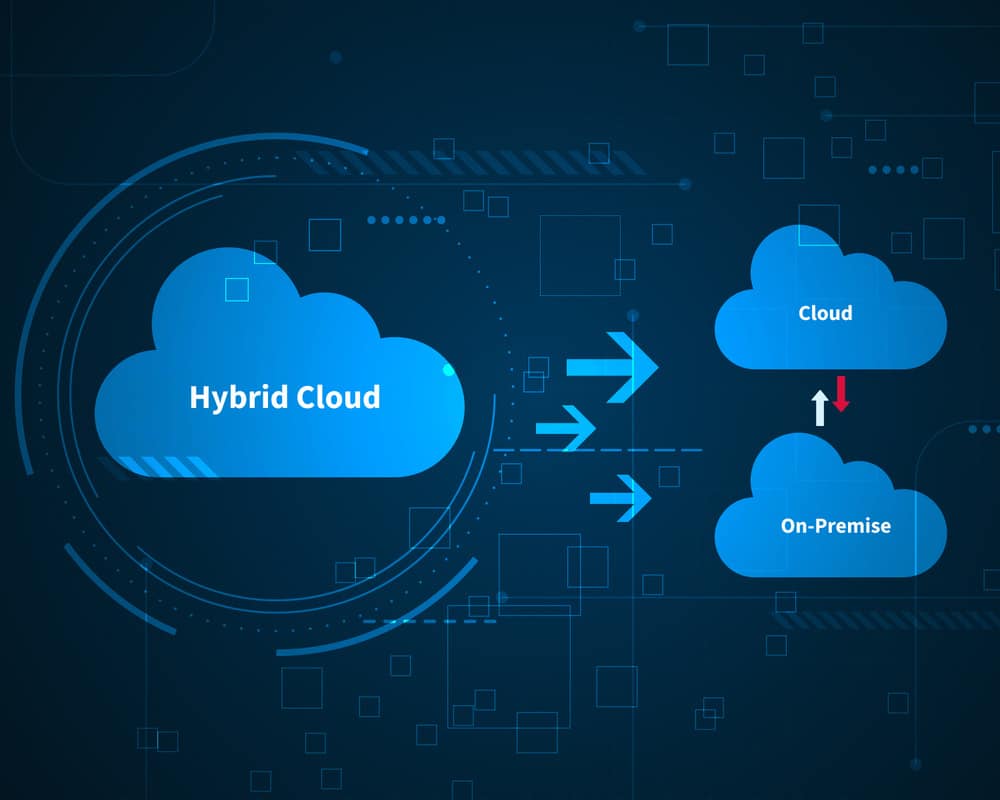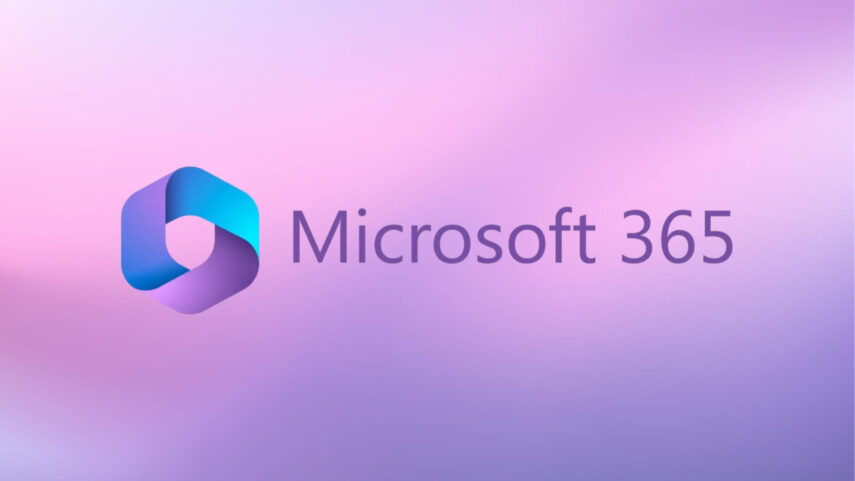Cloud adoption has been gaining popularity nonstop for several years now and shows no signs of stopping any time soon. Many enterprises choose to drop the cost of building and maintaining their own server network in exchange for public cloud services offering resources on demand. The option to add cloud storage to an existing infrastructure is also something that many companies are looking into.
However, navigating the current landscape of cloud computing types can be challenging for people who are less knowledgeable about the industry. Distinguishing between public, private, and hybrid clouds can be quite the challenge, and the same logic applies to understanding how the SaaS model differs from IaaS, PaaS, or even FaaS.
Generally speaking, the preferred cloud deployment type for a specific company would differ significantly depending on what the company in question needs – its goals, business requirements, investments, and so on. As such, understanding the target area of every cloud computing type is necessary knowledge for practically any modern company.
The first element of this knowledge is to understand the differences between cloud deployment types. Three known types of cloud computing services exist: private, public, and hybrid.
Private Cloud Services

Private cloud services represent cloud storage and other resources the company establishes and maintains for its personal goals. It is not uncommon for private clouds to be located on-premises, either. This cloud type is flexible and customizable, but the cost of setting up and maintaining this infrastructure is very close to what a traditional storage infrastructure costs – which defeats the purpose of cloud storage for some businesses.
Public Cloud Services
Public cloud services can provide various resources to their customers over the Internet. The resources in question may include storage, computing power, network capacity, etc. Third-party companies such as Google or Microsoft are usually the ones who own and maintain these public cloud services.
Hybrid Cloud Services

Hybrid cloud services use a combination of multiple computing environments (one private cloud + one public cloud is a common combination), allowing for many different resources to be leveraged for a specific goal or purpose. Being able to choose the appropriate cloud storage for a specific task is one of the most significant advantages of hybrid cloud storage.
Hybrid cloud services are also often confused with multi-cloud environments. These two terms are not completely identical but can be very similar. A multi-cloud environment uses more than one cloud service provider for its own needs. If the hybrid cloud storage includes at least two cloud storage providers simultaneously – it can also be considered a multi-cloud environment. The reality of the modern-day world is that the overwhelming majority of businesses can be considered multi-cloud by default.
As for the types of services that the cloud infrastructure can offer, there are four main categories: SaaS, PaaS, FaaS, and IaaS.
SaaS (Software as a Service)
SaaS (Software as a Service) may be the most well-known option on this list, offering a complete stack of development tools as a service. SaaS services exist in the form of ready-made applications that are maintained and kept operating by service providers.
PaaS (Platform as a Service)
PaaS (Platform as a Service) is a collection of software and hardware resources for customers to work with. The primary purpose of PaaS services is testing and developing cloud-based applications, when the service provider only offers various development tools and not the apps themselves.
FaaS (Function as a Service)
FaaS (Function as a Service) is also referred to as serverless computing, it is a somewhat new model of cloud service that offers the toolset for building extremely simple applications with functions triggered by events (without any supporting infrastructure).
IaaS (Infrastructure as a Service)
IaaS (Infrastructure as a Service) can provide various infrastructure resources on-demand, ranging from storage and computing power to virtualization and networking. As its name suggests, the service provider for IaaS can only offer the infrastructure itself, but both the tools and the applications must be purchased and created by clients.
It should also be noted that not all services in the same category are equal in their capabilities and target audiences. For example, Microsoft 365 operates as a SaaS offering by default, but there are also versions of M365 that were created specifically for government and defense contractors – with extremely strong security measures and strict adherence to a variety of regulations (CMMC, NIST, FedRAMP, CUI).
Microsoft 365

Microsoft 365 has four different versions of its services by default. Microsoft 365 Commercial is the standard offering that most regular users can subscribe to; it is cheap, feature-rich, and has relatively strong security.
Microsoft 365 Government Community Cloud is where some limitations and additional capabilities are starting to show. It is a modification of the Commercial version that stores all of its data on the territory of the United States. It can only be purchased by government entities, tribal entities, federal agencies, and commercial private entities that are subject to government regulations.
Microsoft 365 GCC High is another upgrade in terms of both restrictions and capabilities. GCC High aims to work with companies needing EAR or ITAR-compliant cloud service. It does not have Calling Plans or Compliance Manager, and some of the features in Microsoft Defender ATP and Cloud App Security are limited to a certain degree. Click here to learn more about Microsoft 365 GCC High.
Microsoft 365 DoD is the last version of Microsoft 365 on this list; it is the most limited and restrictive version of the service. It cannot be purchased by any private company whatsoever, and it can only be used for internal U.S. Department of Defense tasks.
Plenty of different cloud computing types exist in a modern IT environment, ranging from simple and basic to extremely complex and suitable for specific government-level tasks. The market is highly competitive, and there are plenty of options to choose from.







